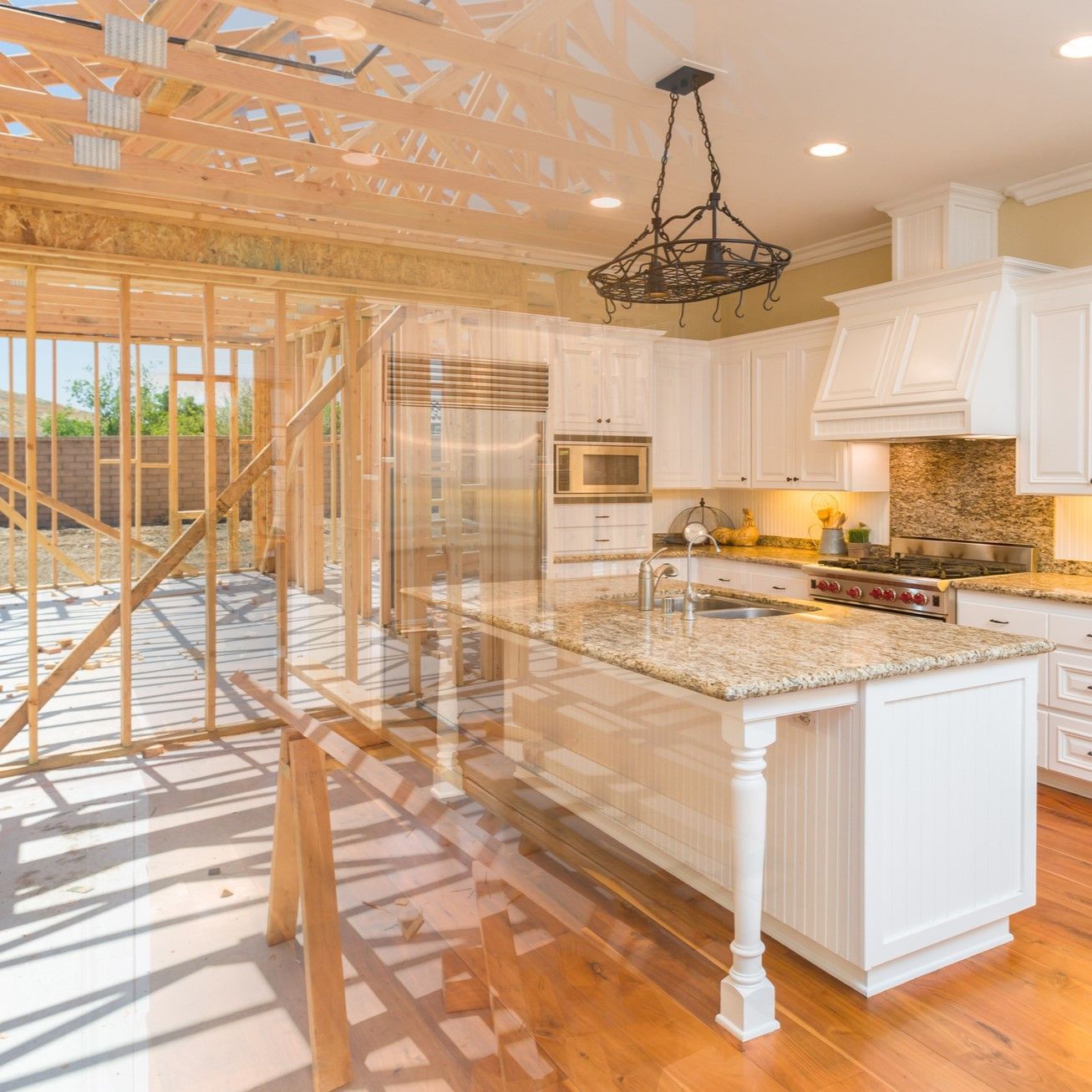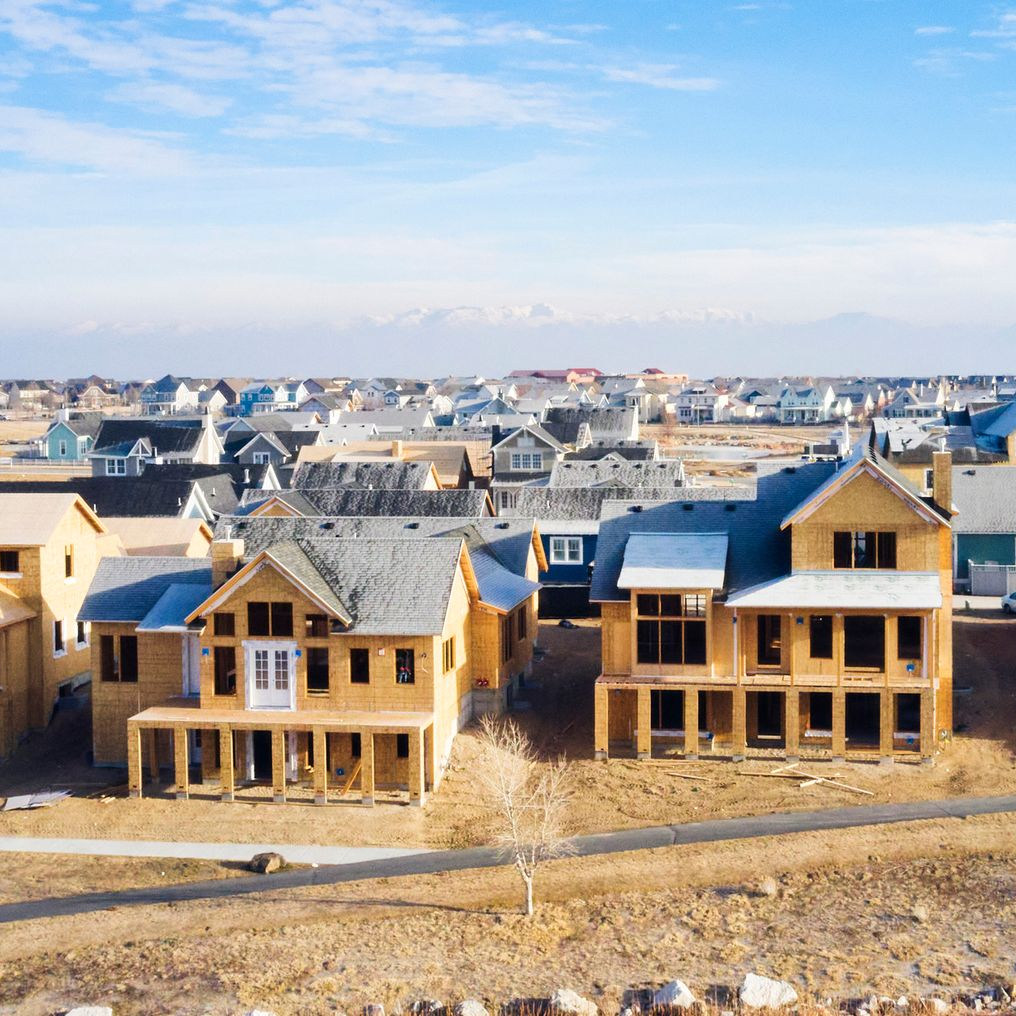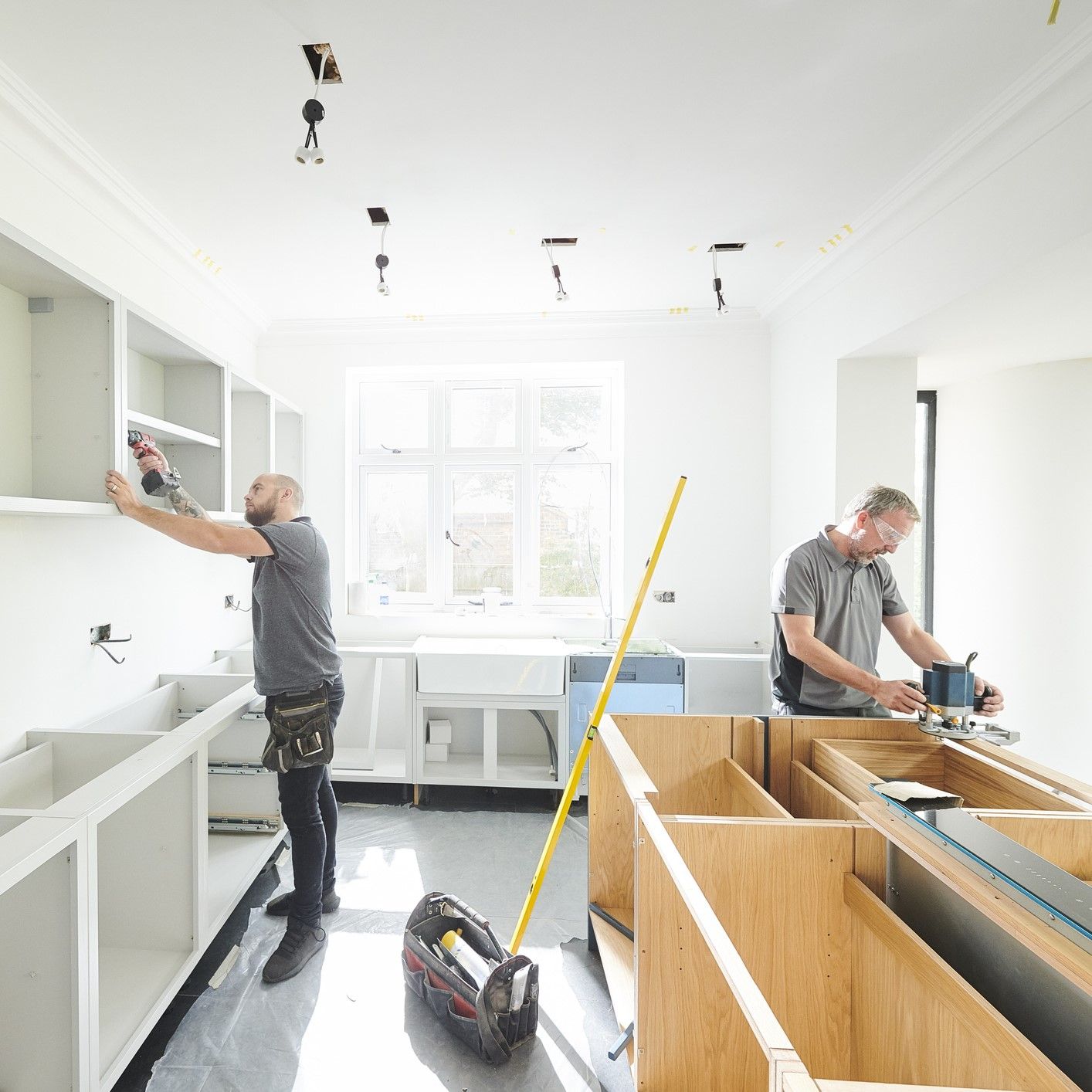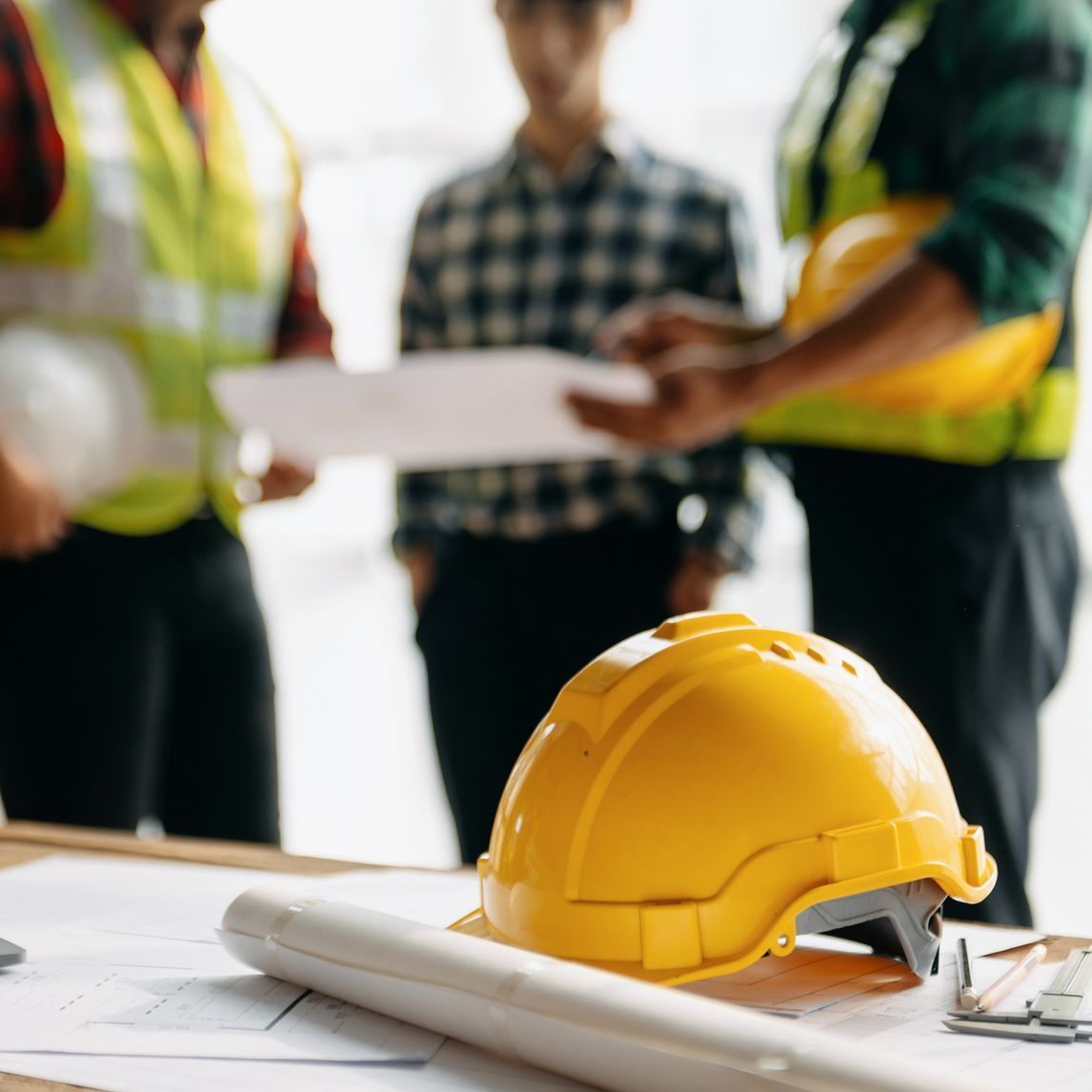There are plenty of reasons why you might want to make your home a little bit more energy efficient. From the money that you will inevitably save by cutting your bills down to the environmental impact it can have, it’s becoming all the rage to make your home a more energy-efficient space.
Of course, there are so many upgrades and renovations that you can turn to — some that take time and money, and some that are quick fixes. There truly is something for every home. Here are a few upgrades you can look into for a greener home.
1. Smart Temperature Controls
Whether you already have a smart home or you’re looking into getting one for this very reason, having your temperature controls automated in your home can be a great way to reduce your carbon footprint. Not only can smart home temperature controls automatically adjust based on time and temperature within the home, but you can also adjust them yourself at will for the best of both worlds.
2. Replacing Your Large Appliances
Fridges, air conditioners, furnaces — the whole works. Especially when it comes to older homes, some of the appliances can really eat up electricity. With many states adopting a stricter energy rating system , replacing some of the larger appliances can make a large difference. Especially in homes older than 15 years, getting some of these appliances checked and switching to better models can help out a lot.
3. Use Natural Lighting
One of the best ways to reduce lighting concerns is to eliminate them entirely whenever you can. If you happen to have a space with windows, a skylight, or a glass door, lean into that with sheer curtains or simply by opening them up entirely. You won’t even need to turn on any lights in the first place, which can cut down your bill and your carbon footprint.
4. Switch to LED Bulbs
For the times when night falls or the clouds roll in — or for those rooms without much natural light — switching to more energy-efficient lightbulbs is an easy switch that can pay off a lot in the long run. These lightbulbs tend to last longer than standard bulbs and glow a bit brighter, which is a net positive regardless.
5. Low-Flow Plumbing
Sometimes, it isn’t the water that should be called into question, but rather the pressure. Even though you don’t often notice the difference in pressure when you’re actually showering or washing your hands, having a little less pressure in your water system can cut back on water waste — and specifically the waste of hot water.
Low-flow showerheads and sink faucets usually don’t cost a lot and take only a few minutes to install, making them a great option for those who want smaller fixes rather than large, expensive upgrades.
6. Tankless Water Heaters
You may or may not have heard of tankless water heaters already, but they can actually be great for energy efficiency. Rather than storing constant hot water in a tank at the ready, tankless water heaters heat water on command so that you can use it in-the-moment, and this can be great for eliminating water and energy waste. Especially if your water heating system is old and faulty, this can be a great time to replace it with something better.
7. Turn the Fans On
Whether you’re running the heat or the air conditioning this time of year, simply turning on the fans in your house — or installing a few if you don’t have some already — can actually save a lot of energy by moving the air around and producing airflow without relying on the HVAC system. You should also make sure to reverse the direction of your fans with the change of season in order to get the most effective airflow — for more warmth in the wintertime and then cooling in the summertime.
8. Seal Up Drafts
This one isn’t so much an upgrade as it is a fix, but it can absolutely make your home much more energy efficient. Especially when it comes to older homes or homes with a little bit of structural disrepair, cracks, drafts, and leaks can be a culprit for letting air and energy escape. When you seal up the draft in your window or the leak underneath your door, you might notice that your energy bill goes down automatically.
9. Seal Up Leaky Ducts
Just like a draft on the outside can cause air to escape, the same logic can be applied to leaky ducts in your home. Sometimes, as much as 40% of a home’s heated or cooled air can be lost through leaks like this before it even reaches the destination. By sealing up any leaks in the ducts, you can automatically make your home much more energy-efficient and save a decent amount of money in the process.
10. Reflective Window Film
If you want to save money on your air conditioning and, of course, save energy, reflective window film can be a great way to keep the sunlight at bay, especially in extremely sunny areas in the world, or just in your home. Although this might be a little bit more of a project, you might find it to be well worth it, both for the experience and for the money and energy it can save.
11. Hang-Dry Clothes
Whether or not you have a dryer in your home already, hanging some of your clothes to dry instead of using the dryer every single time can save you a lot of energy. Not only is this an environmentally friendly idea, but it can also lend your clothes a delightful and fresh smell!
12. Compost
Although your ability to do this will likely depend on your geographic location and the amount of space you have, composting can be a fantastic way to reduce your environmental impact and save energy in the long run. Although composting might not have a direct impact on your personal bills, reducing the amount of waste that you produce can lower the energy impact overall in your community.
Upgrades for Energy Efficiency in Your Home
There are so many things you can do, both big and small, that can reduce the amount of energy you waste in your home. From small fixes like installing low-flow plumbing to larger renovations like installing a tankless water heater, there are so many options that you can explore to become a little bit more energy efficient in your home.
Recent Blog Posts








